Lifestyle Interview: Déborah Kabwang
March is Women's month and as a Black Woman owned business, we are huge supporters of other businesses with a similar mission of highlighting African culture in unique ways. In this interview, we speak with, Déborah Kabwang, the owner of Kanfuela Kaffé about her entrepreneurial journey and vision.
What inspired you to start your own coffee business, and how did you choose the name "Kanfuela Kaffé"?
I was inspired to start my own coffee business because of a few things. The main reason is simply because of my love and passion for coffee, especially Congolese coffee. I wanted to introduce flavorful, Specialty Congolese Coffee to the world.
For the last decade, I’d been on this journey to visit as many locally-owned coffee shops or to try as many different kinds of specialty coffee from all over the world—simply because I was passionate. In all of those years, it was so difficult to get my hands on Specialty Coffee from D.R. Congo. When I eventually did, I discovered how delicious it was and made it my mission to only serve Congolese coffee in my future shop.
I had started playing around with the idea of possibly opening a coffee shop first, and then becoming a roaster years down the road. I knew nothing about roasting then. Well, after going back home to D.R. Congo for the first time in 2021, I learned more about my family history and learned for the first time that my grandparents owned a coffee farm and that almost everyone in my family was crazy about coffee like I was. I was intrigued and (shook). Everything came full circle. It’s in my DNA!
I came back to the U.S. inspired to start the coffee shop, but then slowly got into roasting. I fell in love with roasting. Another thing that inspired me was knowing how much coffee we have in Congo that is being smuggled out and how producers and farmers are not getting paid for their hard work. I wanted to make a difference.
As far as the name KANFUELA, I wanted to introduce the culture as well—not just coffee. I chose the name KANFUELA after many attempts with other names. Everything I came up with didn’t fit my vision. Then I remembered a conversation my aunt had with my dad when I was in Congo. I had just brewed fresh coffee for my dad and I. As I poured from my Moka pot, my aunt smiled and asked my dad in Tshiluba: “Oh, Déborah also loves “Kanfuela.” It was my first time hearing that word. It stuck with me. I didn’t know why yet. Months later when I was looking for names for my coffee brand, I asked my dad, how do you say coffee in Tshiluba again? And he confirmed, “KANFUELA.” I kept repeating it to myself and knew this was it. It sounded perfect. Tshiluba is one of the many languages spoken in D.R. Congo; one of the languages my grandparents spoke. Kanfuela is what my grandfather called coffee, but the word had been forgotten in history and replaced with “café”.

Can you tell us about the coffee sourcing process for "Kanfuela Kaffé"? What made you choose to source from Congo and Tanzania, and how do you ensure that your coffee is ethically and sustainably sourced?
This is such a long process! Our coffee selection is very small, and it’s for a reason. I wanted to ensure that I work with importers who share the same vision. My partners, where I source our Congolese coffee, are a social impact coffee importer (also minority-owned), and work directly with the producers in D.R. Congo—the same goes with my Tanzanian importer. We have a really good professional relationship. Before I chose to partner with them, I ensured that their words backed up with action. In fact, their Chief Quality officer in Bukavu, D.R. Congo, who works on site with the producers, was my primary source.
Not only am I sourcing some of the best coffee in Congo, I’m also making a difference in the lives of the producers with the coffee I purchase. In the future, I hope to work directly with different producers in multiple regions of D.R. Congo. Currently, we are mainly sourcing from South Kivu.
What makes the coffee from "Kanfuela Kaffé" unique and different from other coffees on the market? How would you describe the flavor profile?
Kanfuela Kaffé is very unique because Congolese Specialty Coffees are very rare and hard to find in the U.S. It is hard to describe the flavor, because all of them are different and all have unique taste notes. Oftentimes, customers are reluctant to try because perhaps they never even knew that coffee “grows” in Congo. But once they do try, I love to watch their face transform into utter shock and amazement. Two things that make our coffee different:
Firstly, we focus on sourcing grade 1 coffee from D.R. Congo, which is the highest rated coffee. Our beans typically have no primary defects.
Secondly, we ensure to roast every batch with consistency, quality, and lots of passion.

What are some challenges you've faced as an entrepreneur in the coffee industry, and how have you overcome them?
How do you recommend brewing and serving "Kanfuela Kaffé" to fully experience its flavor and aroma?
My favorite brewing method is the pour-over method. It is a slow brew method that extracts the most flavor and has the most amazing aroma. I used the V60 by Hario. If you are pressed for time, I recommend a French Press.

What advice would you give to other aspiring entrepreneurs, especially those who come from similar backgrounds as yourself?
Don’t be afraid! Take a risk! Research, network, ask questions, and put yourself out there. When I started Kanfuela, I NEVER would have imagined it would be where it is today in just a bit over a year, but I had a vision and that vision wouldn’t let me breathe until I launched my company.



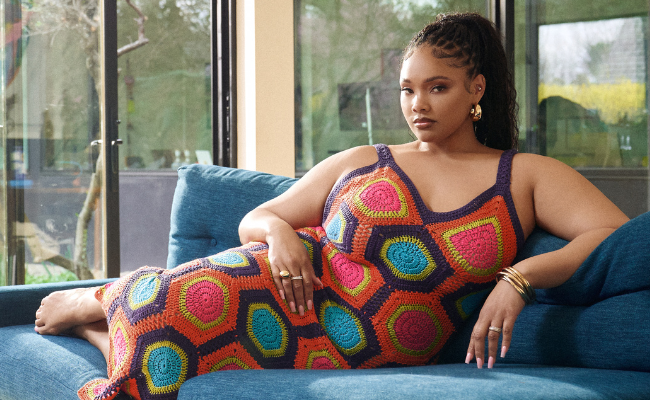

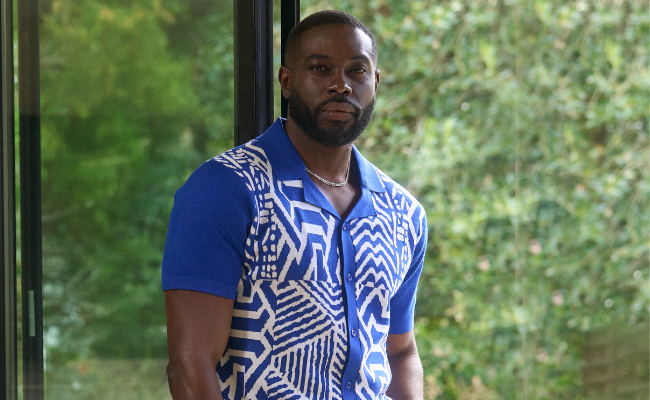
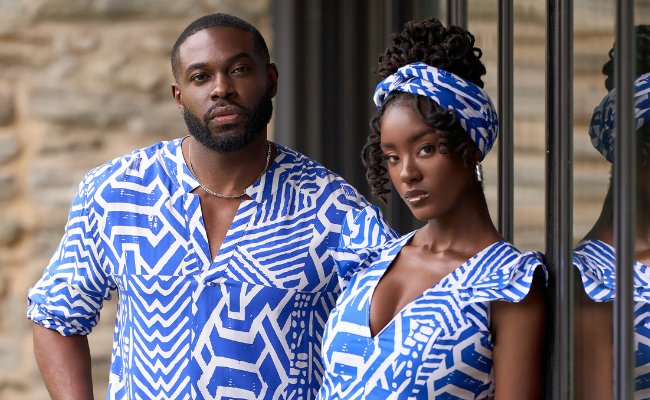
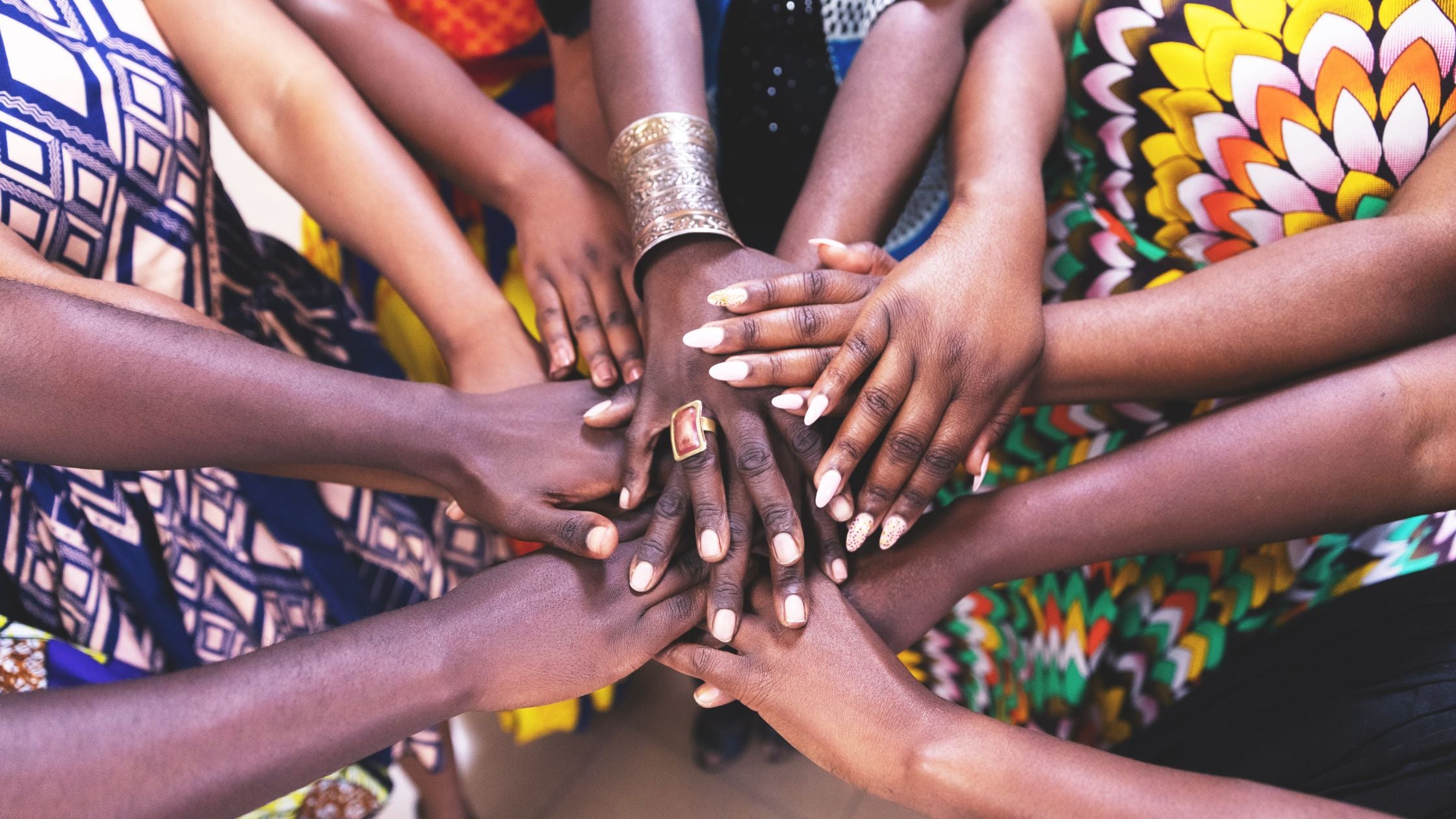
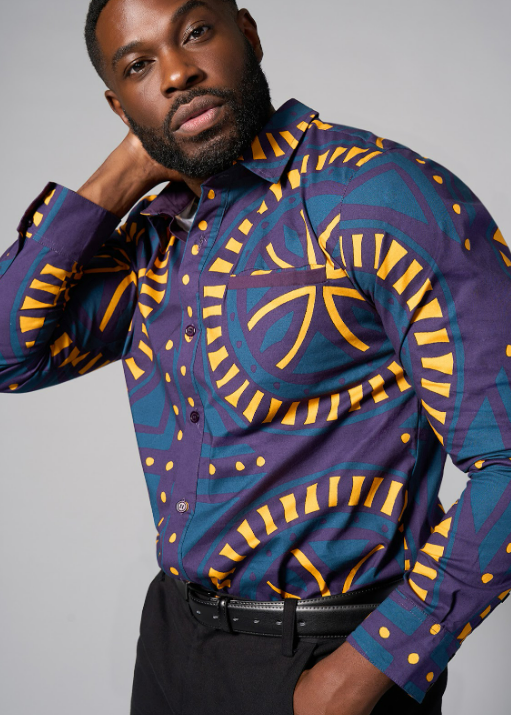




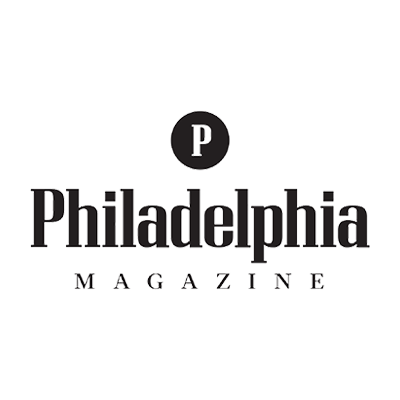
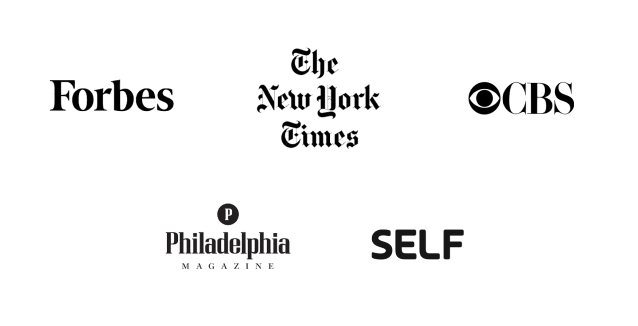
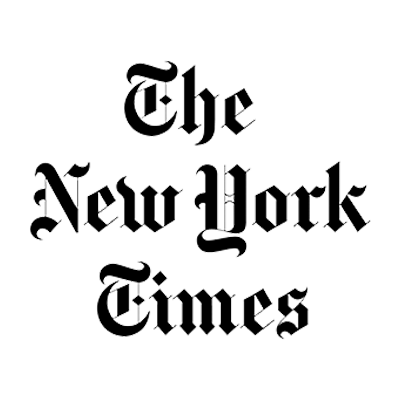
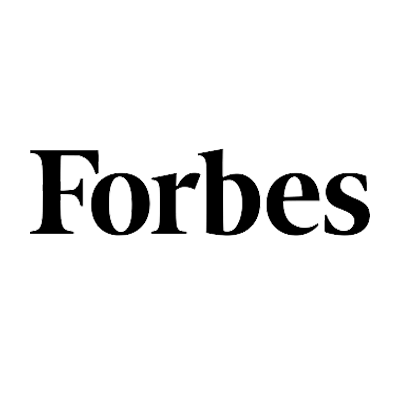
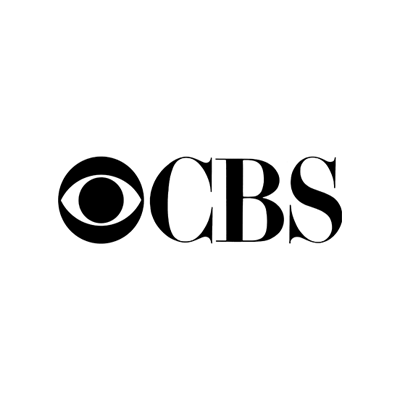
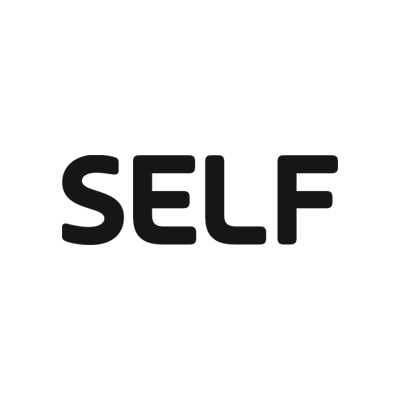
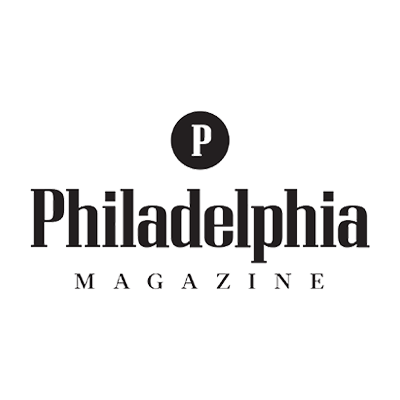
Leave a comment
This site is protected by hCaptcha and the hCaptcha Privacy Policy and Terms of Service apply.